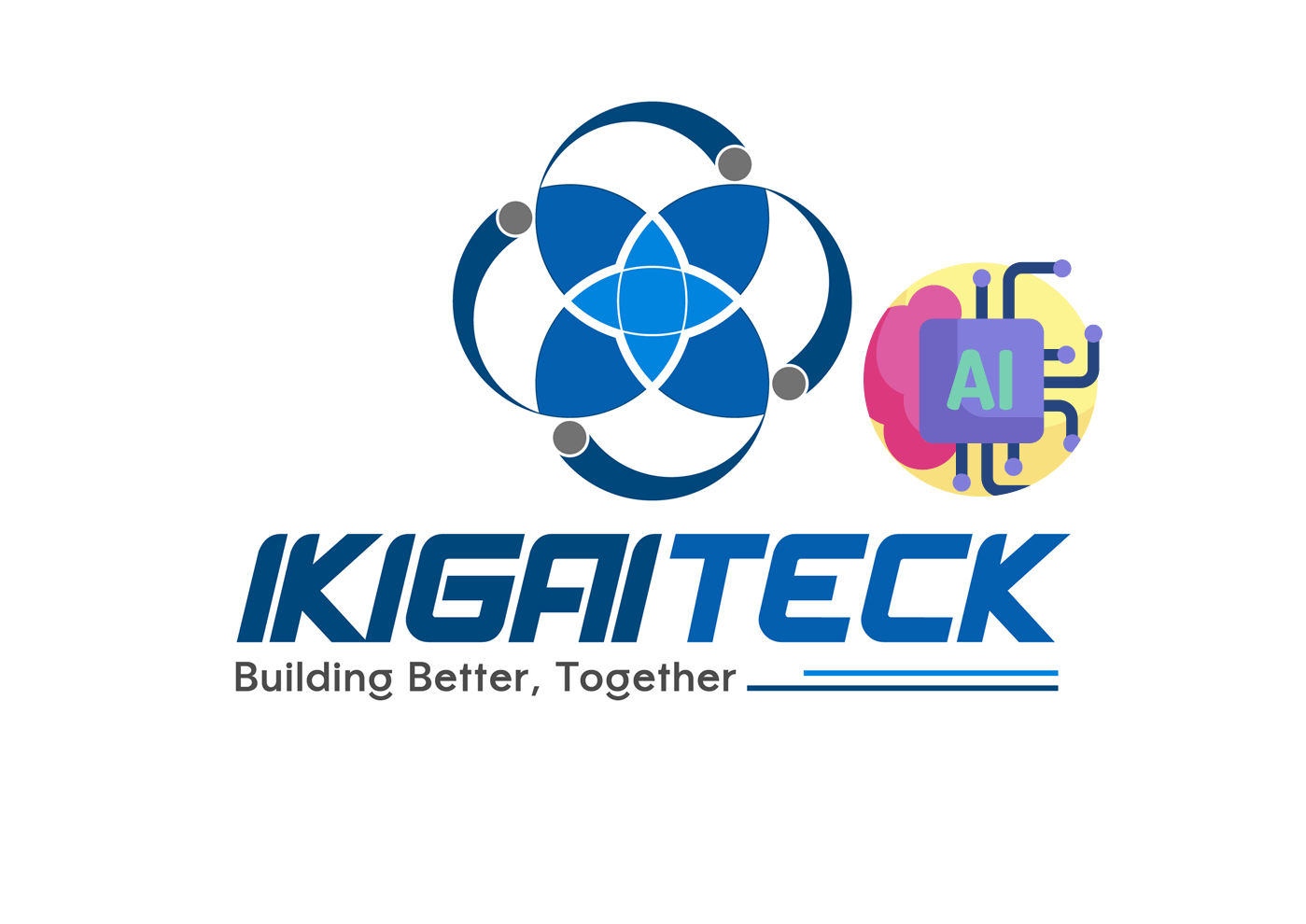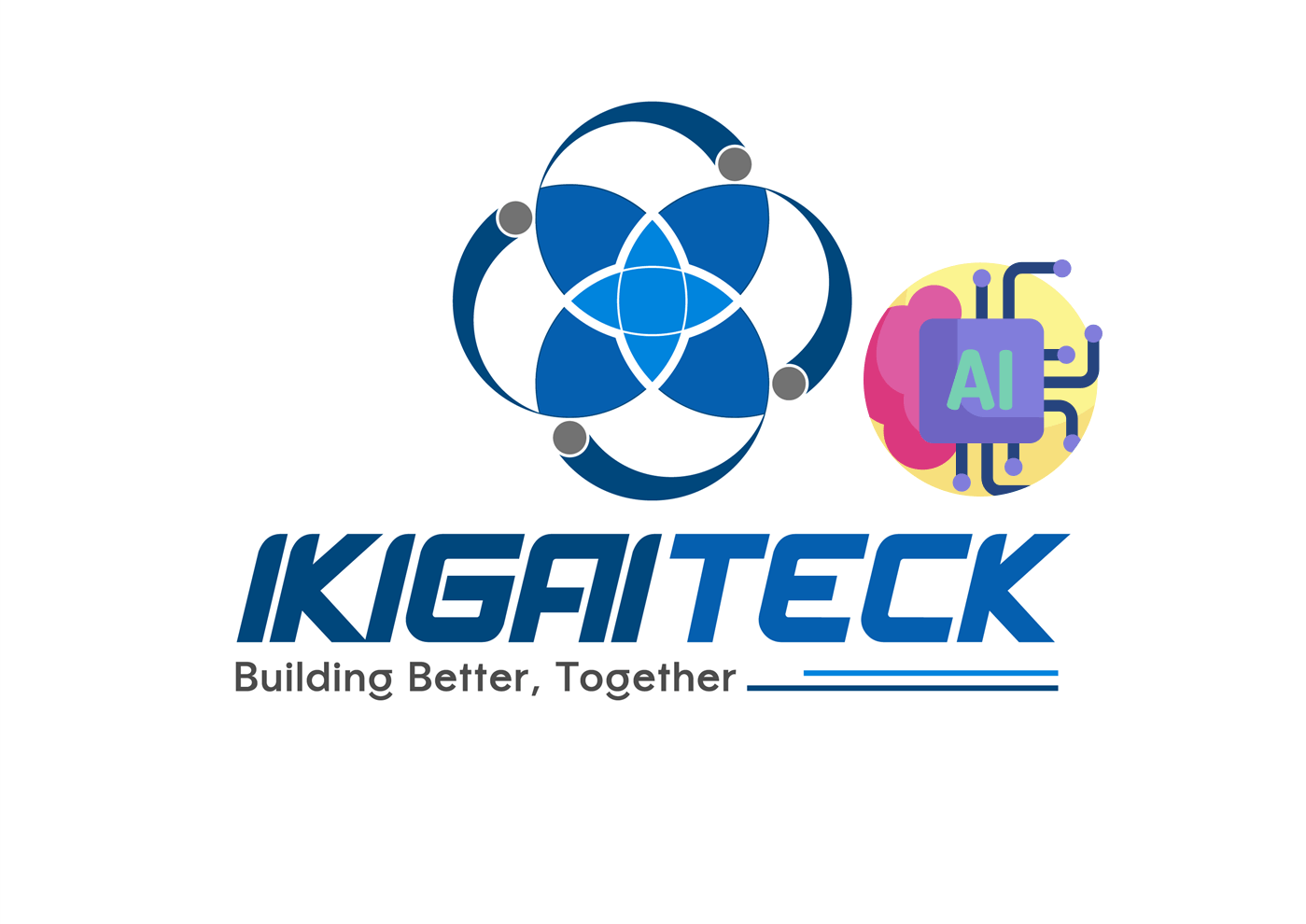Notion Ecosystem: Everything You Need to Know to Unlock the Power of Notion AI and Automation
Where Everything Comes Together
If you’ve ever juggled multiple tools at once — taking notes in Google Docs, managing tasks in Trello, sharing files through Drive, chatting on Slack, and compiling reports somewhere else — you probably know how exhausting that can get.
That’s where Notion steps in.

Instead of switching tabs endlessly, Notion brings everything into one single space — where you can write, plan, collaborate, track projects, and even build websites, all without leaving your workspace.
Unlike tools that box you into fixed workflows, Notion gives you the freedom to build your own system. Some use it as a personal planner, others turn it into a CRM or a full-scale operations dashboard.
Blocks — the Building Units of Notion
Everything in Notion starts with a block.
A paragraph, checklist, database, chart, or even a code snippet — all are just different types of blocks. The simplicity of this concept is what makes it powerful. You can drag, nest, connect, and reuse these blocks to create something uniquely yours.

That’s why many call Notion a “second brain.” It’s not just about storing notes — it mirrors the way you think, organize, and make decisions.
And now, with AI integrated into its core, Notion is no longer just a place to manage information — it’s an intelligent workspace that actively assists you as you work.
Notion AI — Your Hidden Teammate
Most AI tools live outside your workflow: you ask questions, they respond.
Notion AI works differently. It’s built inside your workspace, quietly assisting you where it matters most — in your notes, projects, meetings, and documents.
Working with You, Not for You
Notion AI doesn’t replace your thinking — it amplifies it.
When you’re drafting a document, AI helps refine your writing.
When planning a project, it suggests priorities based on your timeline.
During meetings, it automatically captures notes, summarizes discussions, and assigns next steps.
And the best part? All of it happens right inside Notion — no switching tools, no copy-pasting.
Three Core Capabilities of Notion AI (2025)
Enterprise Search with Citations
Search across Slack, Google Drive, GitHub, Jira, and more — and get answers with verified citations, so you always know where information comes from.Research Mode & Model Picker
Need to write a report or summarize research? Choose between GPT-4.1, Claude 4, or your organization’s custom model to generate structured, context-aware drafts.AI Meeting Notes & Custom Agents (coming soon)
Notion’s AI doesn’t just transcribe meetings — it understands them.
It identifies speakers, organizes discussion points, and automatically creates tasks.
Soon, Custom Agents will allow teams to build their own specialized assistants — like a Marketing Agent or QA Agent — that work directly inside Notion.
A Seamless Layer of Intelligence
Notion AI is designed to blend in, not stand out. It’s not a chatbot sitting on the side — it’s part of your natural workflow.
Everything it generates stays within your workspace and follows the same security and privacy standards that Notion is known for — SOC 2, ISO 27001, GDPR, and Zero-Retention compliance for enterprise users.
Together, these foundations make Notion AI the beating heart of the modern Notion Ecosystem.

The Five Pillars of the Notion Ecosystem
1️⃣ Notion Docs – Where Ideas Take Shape
Notion Docs isn’t just for writing. It’s a shared thinking space.
You can embed images, tables, charts, code, or databases — all in the same page. AI helps summarize, format, or rewrite content naturally.
Every document is interconnected with your wiki, projects, and sites.
A product spec (PRD) can link directly to a sprint board. A content plan can auto-update from your editorial calendar.
Docs in Notion are “living documents” — constantly evolving alongside your work.
2️⃣ Notion Wikis – Your Collective Brain
Every team needs a shared knowledge base.
But static documents get outdated quickly. Notion fixes this with Synced Blocks and Verification, ensuring updates automatically reflect across the workspace.
Each page can be verified by an owner, so everyone knows what’s up-to-date.
The result: a wiki that’s always current, consistent, and collaborative.
3️⃣ Notion Projects – Turning Ideas into Action
From ideas to delivery — Notion Projects keeps everything connected.
Manage sprints, backlogs, and roadmaps, all while linking specs, designs, and reports in one view.
Integrations with GitHub, Figma, Slack, Jira, and Amplitude mean your dev, design, and ops teams can work from the same hub.
AI can even summarize meetings, track progress, or suggest next steps automatically.
4️⃣ Notion Sites – Share Your Work with the World
With Notion Sites, you can publish any page as a website in minutes.
Customize your domain, color theme, and favicon — no coding required.
It’s perfect for portfolios, job boards, help centers, or landing pages.
5️⃣ AI & Automation – The Engine Behind It All
If Docs, Wikis, Projects, and Sites are the spaces where you work, then AI & Automation is the engine that keeps everything running.
AI connects everything: Docs ↔ Wikis ↔ Projects ↔ Sites.
When you update a project, the related wiki gets suggested edits.
When you finish a meeting, AI summarizes it into your doc and assigns action items automatically.
Through integrations with Make, Zapier, and n8n, you can automate tasks — add new items, send notifications, update databases, or create weekly reports.
Developers can extend this with the Notion API, building custom workflows or lightweight internal tools.

Notion for Everyone
“Whether you’re an individual, a startup, a large enterprise, or an educator — Notion adapts to the way you work.”
For Individuals – Build Your Second Brain
Use Notion for journaling, goal tracking, study notes, or personal databases.
AI helps summarize insights and streamline your daily planning.
For Teams & Startups – One Platform, Many Workflows
Speed and flexibility define startups. Notion serves as your internal OS, combining Docs, Wikis, and Projects.
Through the Notion for Startups program, small teams save thousands while integrating tools like Slack, Figma, GitHub, and Jira seamlessly.
For Enterprises – Secure and Unified Collaboration
Notion Enterprise brings advanced permissions, audit logs, SSO/SCIM, and enterprise-grade analytics.
With Enterprise Search and Research Mode, employees can find accurate answers across systems in seconds — with citations and context.
For Education – Learning Without Limits
Educators and students use Notion to manage classes, projects, and clubs.
Professors build course wikis; students organize assignments and study notes with AI summaries and reminders.
Many universities now provide Notion for free or discounted rates to their students.
Data Security – The Foundation of Trust
In the age of AI, the most critical question isn’t how smart the system is — but how safely it handles your data.
Notion takes this seriously, building a security framework trusted by global enterprises.
Your Data Is Never Used for AI Training
Notion has contractual agreements ensuring customer data is never used to train AI models. What you write or share stays private to your workspace.
Encryption and Advanced Access Control
All data is encrypted in transit (TLS 1.2+).
Granular Advanced Permissions let you define exactly who can view, edit, or share content.
Global Compliance and Certifications
GDPR & CCPA – full compliance with global privacy laws.
SOC 2 (Type II) – certified internal security controls.
ISO 27001 – the highest international information security standard.
Enterprise-Grade Protection
Zero Data Retention – no AI provider stores your data. Enterprise customers get instant deletion; personal accounts retain up to 30 days.
LLM Optimization – Notion continually tests and selects the safest, most efficient AI models.
Admin Tools & Auditing – track access, monitor compliance, and analyze security activity.
Security isn’t an afterthought — it’s part of Notion’s design philosophy.
Integrations – Connecting All Your Tools
No team works in isolation.
Notion bridges every part of your workflow by integrating with the tools you already use.

Seamless Connections
Google Drive, OneDrive, Dropbox – embed and preview files directly.
Slack, Microsoft Teams – receive live notifications or share pages instantly.
Figma, Miro, Loom – display designs and visual boards right inside Notion.
Jira, GitHub, Linear, Asana – sync issues, pull requests, and tasks in real time.
Calendly, Zoom, Google Meet – integrate with Notion Calendar to automate meeting notes and AI summaries.
Real-Time Sync
Through Synced Databases and Synced Elements, data stays consistent across platforms — change it once, and it updates everywhere.
Workflow Automation
Automate actions with Make, Zapier, or n8n:
When a new OKR is added → create a Slack channel.
When a task is completed → send a summary email.
When a new client fills a HubSpot form → Notion creates a record automatically.

Open API for Developers
Build dashboards, custom bots, or link Notion to CRMs and ERP systems.
The Integration Gallery now features 400+ partners, including HubSpot, Typeform, Intercom, Stripe, GitBook, ClickUp, Super, Tally, Whimsical, and more.
With these integrations, Notion becomes the central hub where all your tools — and teams — speak the same language.
The Notion Ecosystem Map
At the center lies AI & Automation, surrounded by Docs, Wikis, Projects, and Sites.
Every action — from brainstorming to execution to publishing — flows through a single ecosystem.
By extending it with APIs and automation platforms, Notion evolves into a connected operating system for work — always synchronized, always in motion.

Final Thoughts – Notion as a Way of Working
Notion may not promise to change the world, but it changes how we approach work.
It removes friction, unites tools, and gives you space to think clearly again.
When AI and automation take care of the repetitive, you regain time for what truly matters — creativity, focus, and decision-making.
Notion isn’t just software anymore.
It’s a new philosophy of work — flexible, open, and intelligent.
(Some links on our site may be affiliate, meaning we may earn a small commission at no extra cost to you.)
Subscribe now !
Be the first to explore smart tech ideas, AI trends, and practical tools – all sent straight to your inbox from IkigaiTeck Hub
IkigaiTeck.io is an independent tech publication sharing practical insights on AI, automation, and digital tools.


